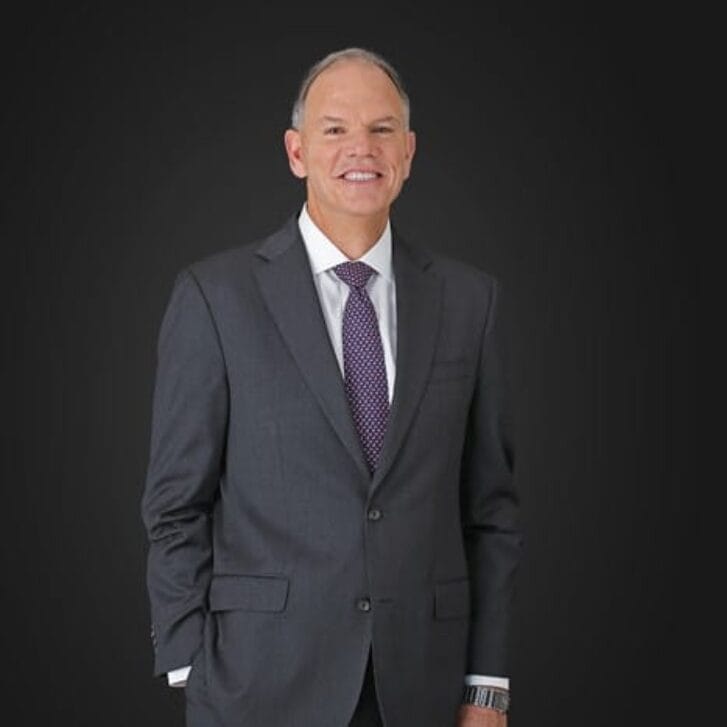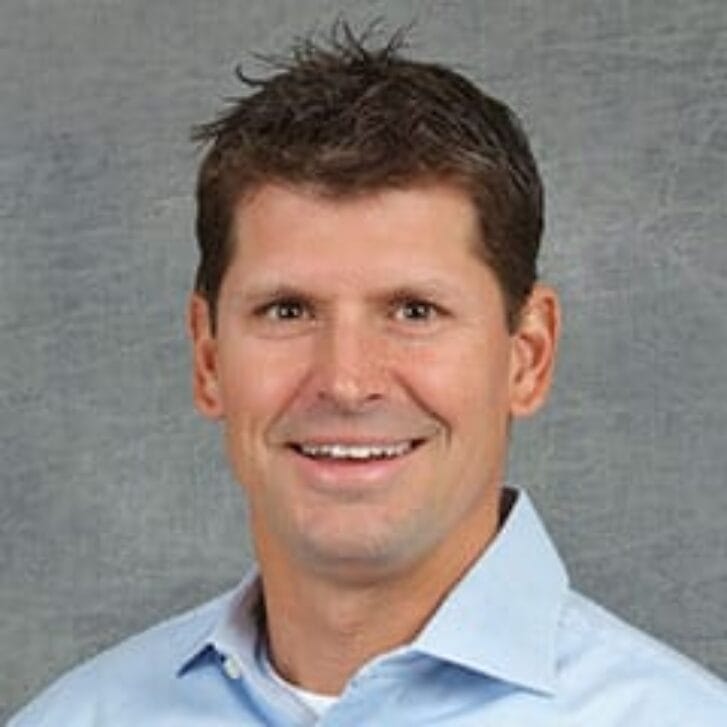Nearly a decade ago, Wharton invested in tools that were meant to help guide future generations of leaders. The Penn Wharton Budget Model promised to offer nonpartisan budget analysis that would allow lawmakers and voters to see the true long-term impact of spending proposals, while the then-newly-launched Anne and John McNulty Leadership Program sought to deepen students’ senses of empathy and altruism.
The programs have aged better than Apple stock. Sound hyperbolic? Consider the void that PWBM filled after it debuted in 2016. When drafting spending bills, lawmakers often had limited access to real-time budget analysis, and partisan bias could distort projections. “No one was correctly accounting for how debt works,” says Kent Smetters, PWBM’s faculty director and professor of business economics and public policy. “D.C. needed a truly honest broker. That’s how we positioned ourselves.”
In the years since, Republicans and Democrats alike have turned to the budget model’s staff — described by Smetters as “economists who really appreciate software design” — to analyze how government investment in infrastructure and universal pre-K would affect the national deficit and GDP in future decades. Fox News and the New York Times cited the budget model’s projections as authoritative. “We’re both feared and respected,” Smetters says. “We guard our reputation closely. We try to do great work and not care about who we tick off.”
PWBM’s staff plans major projects 18 months in advance but tries to be nimble enough to respond to new requests that arise in real time. Among the team’s works in progress is an exploration of immigration reform and the potential impacts of individual policies, such as creating an easier path to green cards for STEM students. “I predict that most countries will be competing for high-quality, high-education STEM workers,” Smetters says. “There’s no debate amongst economists. They’re very positive for the host country and for the native-born labor.”
McNulty Leadership Program faculty and administrators, meanwhile, continue to encourage Wharton students at all levels to do a different kind of math: to take an interpersonal view of leadership and learn to assess others’ emotions, passions, and experiences. “These used to be considered soft skills,” says Umi Howard, MLP’s senior director. “But this is actually hard work —winning hearts and minds, if you will. There’s a growing appreciation for the importance of it.”
MLP’s suite of 30-plus programs takes an expansive approach to building a generation of better leaders. Students are expected to grow their sense of self-awareness, experiment with different leadership styles, and develop an ability to lead authentically. The People Lab, a digital assessment tool and learning center developed with Wharton People Analytics, uses data to help students measure their grit and generosity and tap into decades of psychology research to understand how to influence others. And the Nonprofit Board Fellowship enables Wharton MBA and Penn Carey Law JD students to serve for nine months as visiting board members with Philadelphia-area nonprofits, providing a first taste of meaningful civic leadership.
“There’s an increasing expectation from students that they will not just graduate from here and go make six figures, but that they will lead in a work environment where they attend to a range of their interests and societal needs,” Howard says. “It’s all part of a broader conversation being driven by students: What does it mean to have a fulfilling life?”
Published as “Tools for Today’s Leaders” in the Fall/Winter 2024 issue of Wharton Magazine.

























